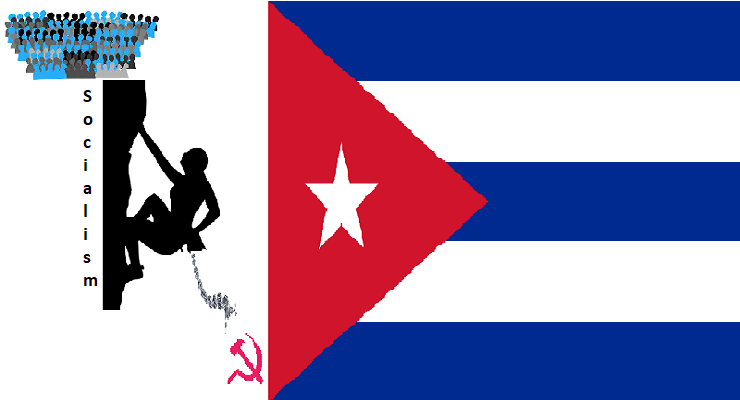
Cuba has witnessed rapid political changes since Fidel Castro stepped down on February 29, 2008 in favour of his brother Raul Castro. Fidel later died on 25 November 2016. Today in Havana, Cuba’s constitution and his system is under review like never before.
So of a well off Spanish farmer, Fidel came to power through a revolution that lasted from 1956 to 1959 when his guerrilla revolutionary movement ousted the US-backed Fulgencio Batista in 1959. Fidel then became Prime Minister of Cuba from 1959 to 1976, President from 1976 to 2008, and First Secretary of the Communist Party of Cuba from 1961 to 2011.
Fidel’s rule was controversial to say the least and “under his administration, Cuba became a one-party communist state, while industry and business were nationalized and state socialist reforms were implemented throughout society“.
Raul Castro’s coming to power, however, saw the first attempt at opening up Cuba notably to its long-time enemy, the US. Under President Barack H. Obama, the US reopened its embassy in Havana in July 2015. However, the Trump administration has since roll-backed most of these diplomatic gains.
New Blood in Cuba
After taking over from Fidel, Raul Castro stepped down on 19 April 2018. He was replaced by Miguel Díaz-Canel, “a party technocrat who was little-known to the public before becoming president. Policy experts expected him to pursue cautious reform of his predecessors’ economic policies while preserving the country’s social structure.”
While Castro stepped down from the position of President of the Republic, he remains First Secretary of the Communist Party of Cuba and the commander-in-chief of the Cuban Revolutionary Armed Forces. Many experts have therefore opined that Diaz-Canel has only been a figurehead. However, under the leadership of Diaz-Canel, Cuba has pursued the direction of modernising its constitution. The country has begun public debates to revise its 1976 Magna Carta which is nothing short of a Cuban communist manifesto.
The most surprising move in this is that citizens have been invited to discuss the new Constitution and propose changes. They have been invited to participate in reforming the Constitution by joining debates and discussions in up to 35,000 workplaces – an echo of the idea of a direct democracy. Therefore, it seems there is opening where the new constitution might transform Cuba into a Socialist republic. Involving citizens in the process of drafting the document suggests gradual openings towards a more democratic government in the future. Let’s hope the public debates will be rigorous.
Leave a Reply